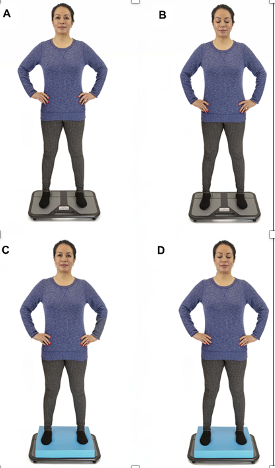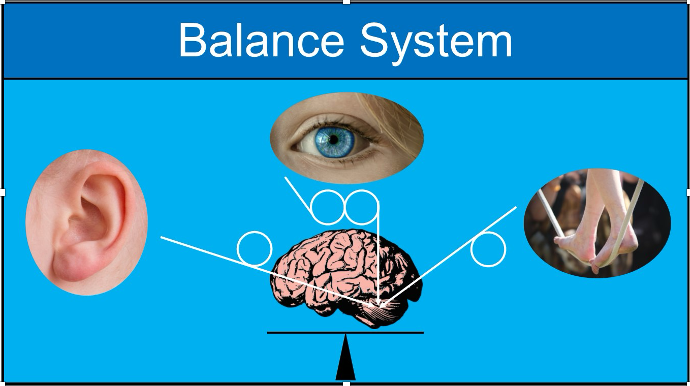Investigational drug fosters nerve repair after injury
Scientists from the University of Birmingham have shown that a brain-penetrating candidate drug currently in development as a cancer therapy can foster regeneration of damaged nerves after spinal trauma.
The research, published today in Clinical and Translational Medicine, used cell and animal models to demonstrate that when taken orally the candidate drug, known as AZD1390, can block the response to DNA damage in nerve cells and promote regeneration of damaged nerves, so restoring sensory and motor function after spinal injury.
The announcement comes weeks after the same research team showed a different investigational drug (AZD1236) can reduce damage after spinal cord injury, by blocking the inflammatory response. Both studies were supported by AstraZeneca’s Open Innovations Programme, which shares compounds, tools, technologies and expertise with the scientific community to advance drug discovery and development.
Read the full article here:
https://www.sciencedaily.com/releases/2022/07/220712102650.htm




